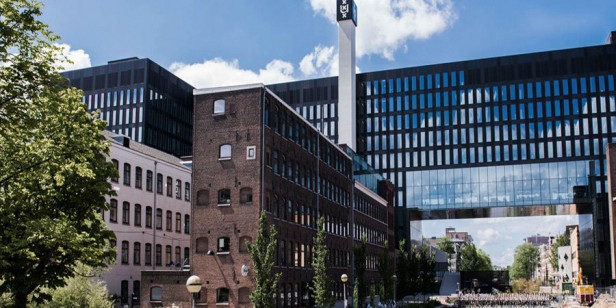PPLE at the University of Amsterdam is an intense interdisciplinary program for bright bachelor’s students. Within this faculty, international (including Dutch) students are brought together and posed with challenging courses designed to help them think critically about society and the world around them. These dedicated driven students typically have strong backgrounds in social sciences, however, lack education in the area of sustainability. TheRockGroup sees it as its mission to fill this gap by presenting practical societal perspectives on our current sustainability challenges.
The courses invited guest speakers from relevant societal actors (businesses, government and/or NGO’s) to provide real-life examples to students. This brought the studied theory and our class debates to a higher level. Not only did it show the relevance of what we studied, it also portrayed the complexity of current challenges in a world without perfection information.
What is the goal of the project?
The Circular Economy course for bachelor’s students at the UvA challenged students to reflect on the way we organize our current economic system and its consequences for material flows. The circular economy, its barriers and opportunities for implementation, its impact and possible unintended consequences were studied.
What is the result of the project?
Through this course TheRockGroup was able to use its network, areas of expertise and extensive background in education to design entirely new interactive courses on the topics of circular economy. The courses took a spin-off of from the traditional view of economics to show its unintended consequences. We focused on planetary boundaries and social boundaries that are often overlooked in classical economics. But also presented modern solutions, its viability and its barriers for implementation.
Who initiated the project and which organizations are involved?
Courses provided by TheRockGroup are characteristic for its sustainability focus, but also for its intensity, focus on real-life examples and interactivity. Students were challenged to look outside of the classroom, gather their own data and draw their own conclusions from it. This approach turns out to be challenging but also rewarding for a variety of students.
What is the next step?
Continue to build a network of actors and innovators connecting students and business. Continue striving to double the value of our education. Therefore, letting participants work on real projects so they create value while learning.
What can other cities learn from your project?
We teach about the most up-to-date theory on sustainability
Our programs are interdisciplinairy
Our cases are practice oriented
We focus on individuals, building on their talents and interests



